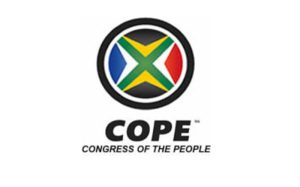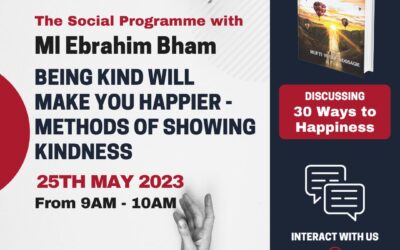 By Goodhope Dlangamandla
By Goodhope Dlangamandla
06:09:2022
Roland Henwood discussed on Radio Islam International the relevance of political parties after the Congress of the People (COPE) was lambasted on social media over the past few days.
Some said, “COPE no longer has a reason to exist as political climate shifts”; “End looms for hopelessly dividing COPE”; and “The death of COPE” regarding the political party.
Henwood said all parties are relevant if they play a role if they get members elected to parliament or provincial legislatures, or even local government. They are an organisation that represents at least the interests of some people.
“So yes, it always remains relevant, and it is part of the diversity of ideas of options that people have when deciding on political issues. On the other hand, if one looks at what happens in parties, such as COPE, and it’s not the only example, then you have to ask of what effect is this contributing to democracy, to good governance, to the general welfare of society in the political sphere,” he said.
Henwood said the questions of relevance and whose interests are being served are vital issues that we see too many examples of in South Africa where people abuse the electoral process and in it for themselves only. He added that there is no semblance of good governance or service delivery of these nice things people want from politics.
He said people must not forget that Cope used to be the third party when it came into existence and suddenly had, in the region of what, 30 plus nearly 40 members of parliament. So it was a significant role player at that stage and had a lot of potentials.
“And I think that’s the issue. How do you decide the future of a body? Except for voting at the moment. And then it is the responsibility of the leadership of the party or the members of the party to make sure that it acts and delivers in terms of its undertakings and its policies and its promises,” said Henwood.
Henwood said all political parties and leaders play an essential role in the developmental process in South Africa. The problem is that people find themselves in a space where newer and younger role players on the scene are personality-driven. This is why people experience a political entity that develops and gets a role that they play totally out of proportion to the actual level of support and the real power that they become the key decision makers, especially at the local government level. Which make or break governments.
Henwood said the blame is on how the electoral laws and processes are developed so that it puts almost all the decision-making power in the hands of small political elites.
[LISTEN] to the podcast here







0 Comments